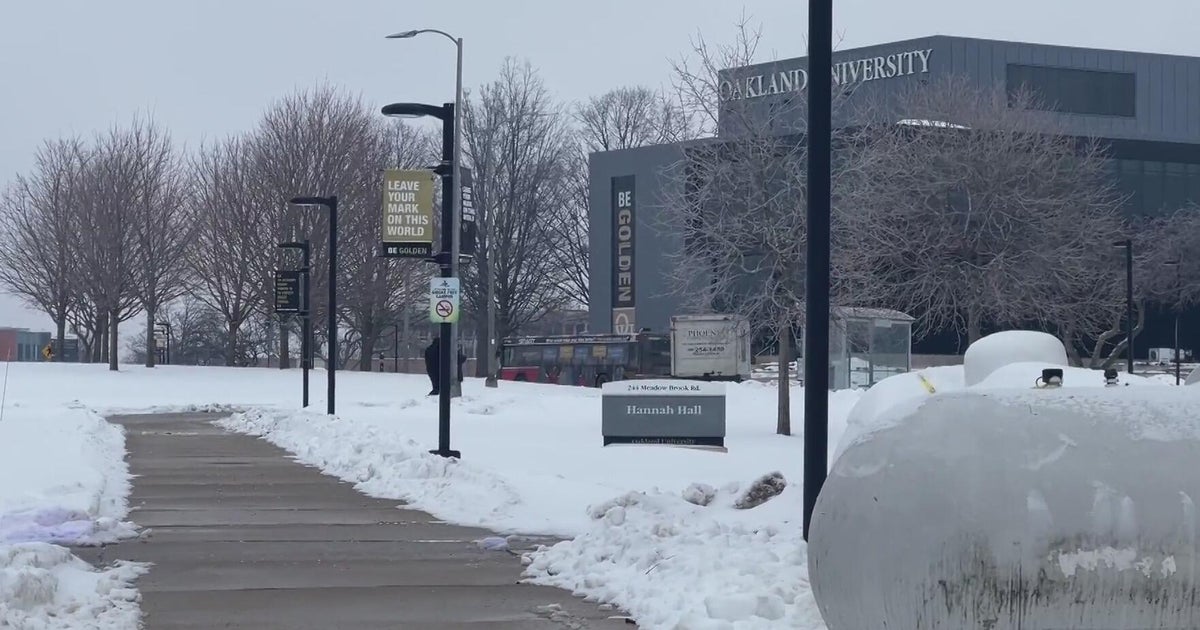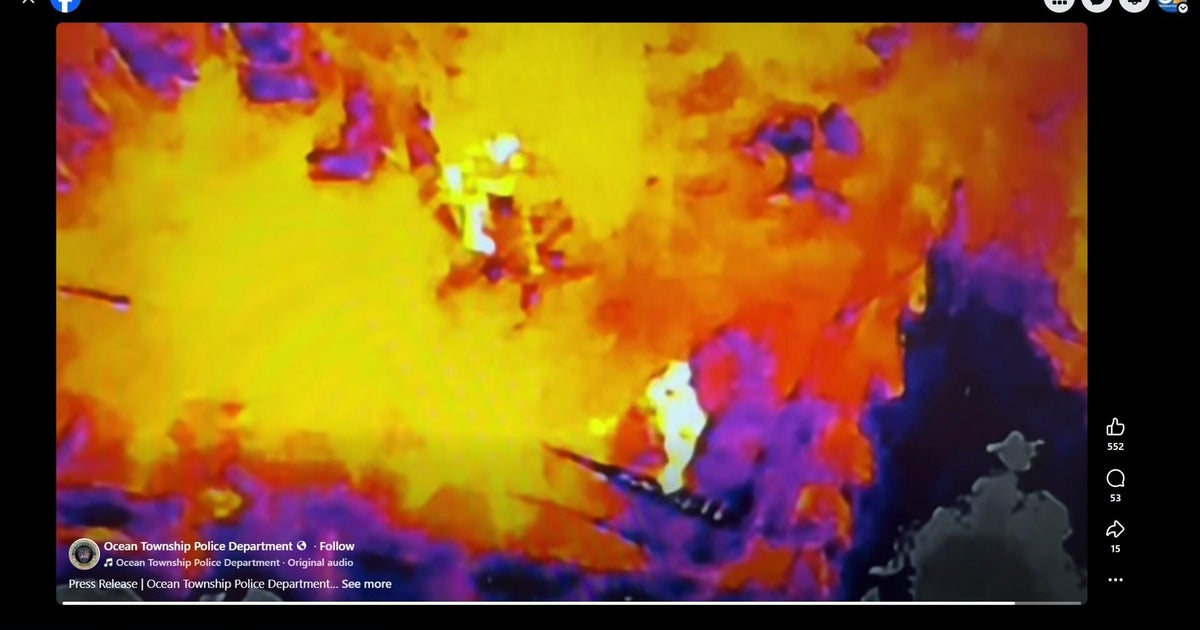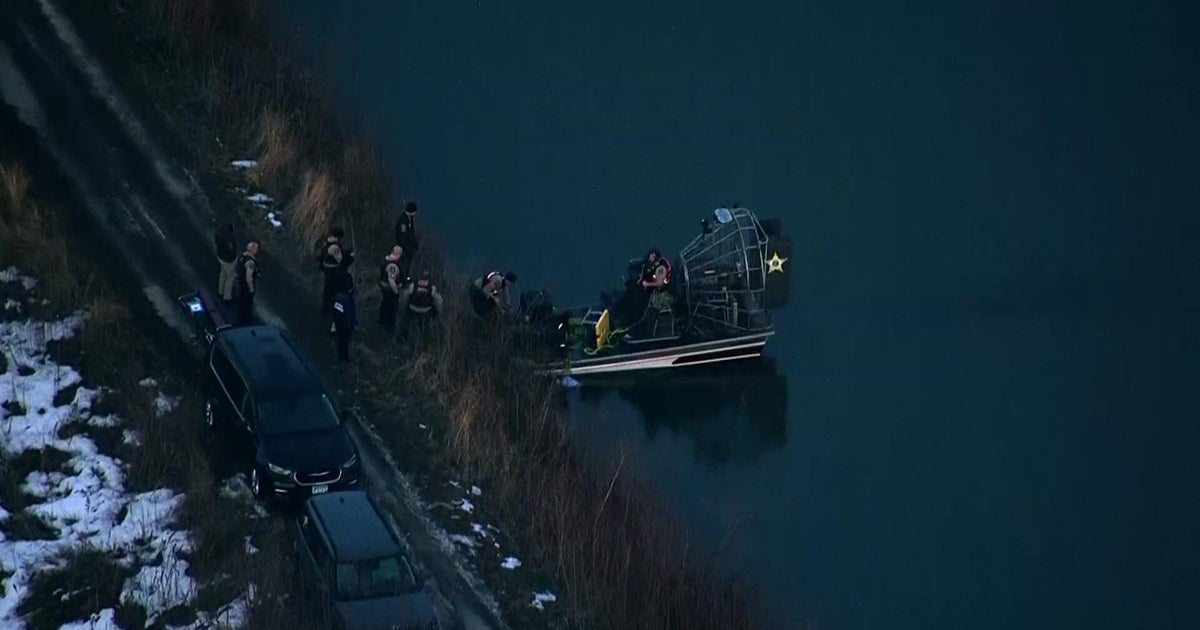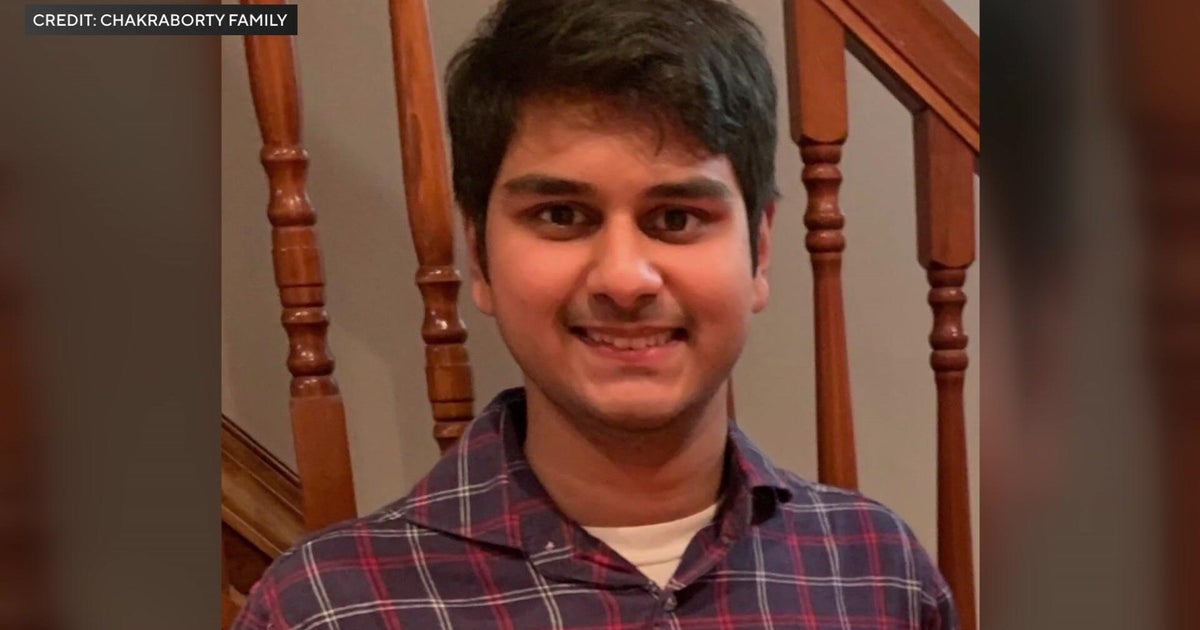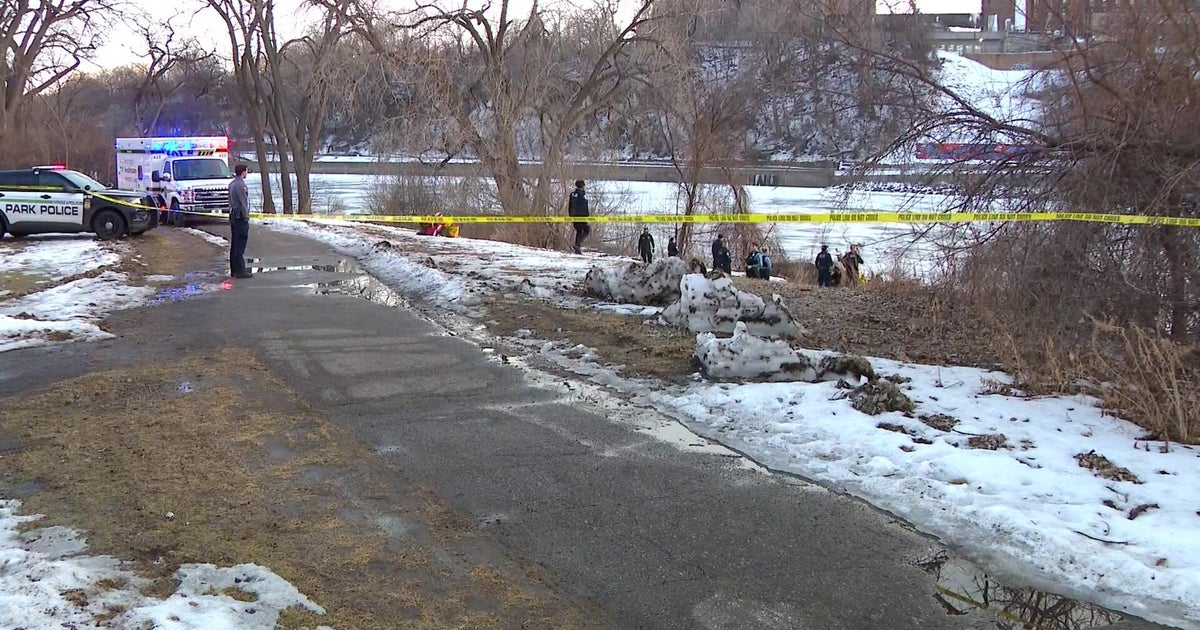Report: 911 Dispatchers Often Experience Post-Traumatic Stress
DEKALB, Ill. (CBS) -- Emergency dispatchers suffer many of the same kinds of symptoms that can lead to post-traumatic stress disorder, according to a new study.
As WBBM Newsradio's Bernie Tafoya reports, researchers at Northern Illinois University find that when 911 dispatchers are taking calls about children being killed, police officers being shot, and other traumatic occurrences, it affects them severely after they have handled the calls.
LISTEN: WBBM Newsradio's Bernie Tafoya reports
Podcast
They experience feelings of helplessness and intense fear, according to the study.
"There is very limited awareness of the difficulties that this population goes through," said NIU assistant professor of clinical psychology Michelle Lilly. "What might be helpful is after the phone call is over, being able to talk about those emotions with somebody, versus just sit there and take on the next phone call when it comes in."
Lilly's study was the result of a survey of 171 911 dispatchers from 24 U.S. states. The average dispatcher in the study was a white woman, age 38, with more than 11 years of service.
NIU says the dispatchers were asked about the kinds of traumatic calls they handle and how those calls affect their emotional stress levels. The worst calls were those involving the death of a child – identified as traumatic for 16.4 percent of respondents, followed by suicidal callers for 12.9 percent, police-involved shootings for 9.9 percent, and calls about the unexpected death of an adult for 9.9 percent.
A total of 3.5 percent of the respondents reported symptoms with a severity level high enough to qualify for a formal diagnosis of post-traumatic stress disorder, NIU said.
Lilly conducted the study with NIU research associate Heather Pierce, who herself was a 911 dispatcher for more than a decade in the western suburbs.


